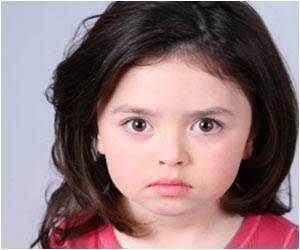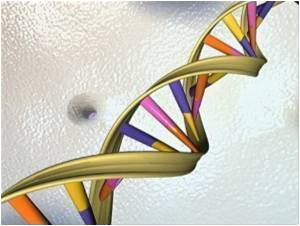
Mitochondria, the 'powerhouses' of cells, provide energy for cell functions through a cascade of enzyme complexes.
Together, those enzyme complexes create energy through a process called oxidative phosphorylation.
Previous studies have shown that mitochondrial dysfunction can lead to a host of disorders particularly affecting brain cells, which are characterized by high energy demands.
For the study, blood samples were taken from ten children with autism and ten unrelated typically developing children, all aged 2-5 years.
The researchers analyzed mitochondria in children's white blood cells. Mitochondria in the samples from children with autism were less efficient at creating energy through oxidative phosphorylation.
Advertisement
"It is remarkable that evidence of mitochondrial dysfunction and changes in mitochondrial DNA were detected in the blood of these young children with autism. One of the challenges has been that it has been difficult to diagnose mitochondrial dysfunction because it usually requires a muscle biopsy. If we could screen for these metabolic problems with a blood test it would be a big step forward," said Geraldine Dawson, Autism Speaks chief science officer.
Advertisement
The study is published in the Journal of the American Medical Association (JAMA).
Source-ANI









